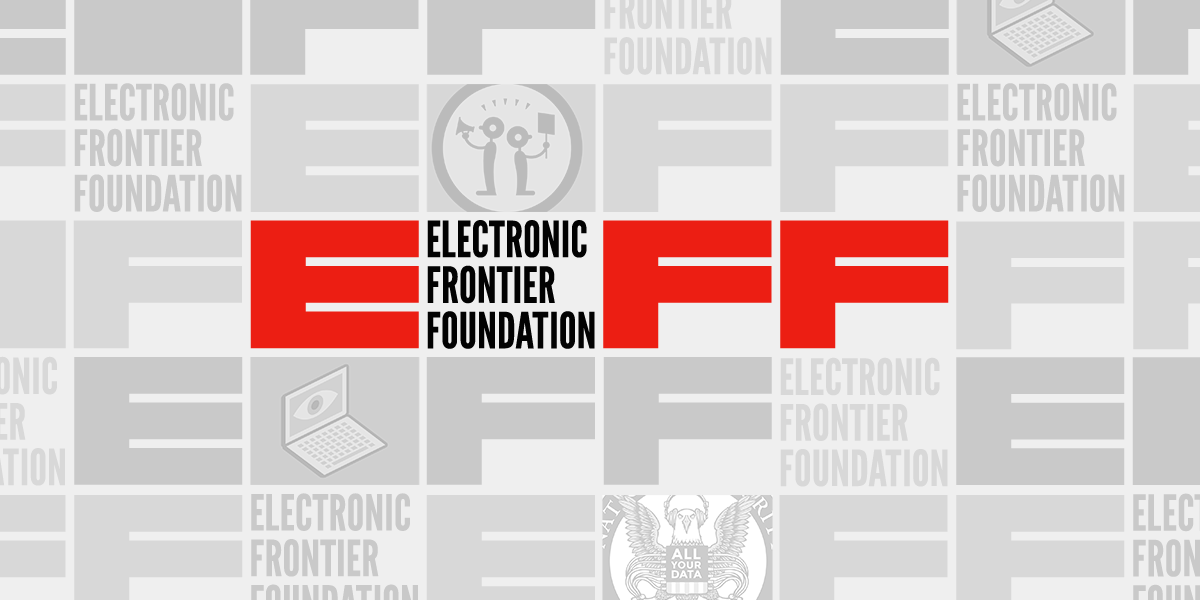In the United States, nearly all prison systems offer some form of access to tablets for incarcerated individuals, and many of these devices have considerable libraries of e-books. However, despite this apparent improvement in access to reading, the real situation is much more complicated. A combination of exorbitant pricing, inadequate e-book catalogs, and restrictive policies that limit access to printed literature has deepened a book censorship problem that was already severe in the country’s prison systems.
Recent data from the “Prison Banned Books Week” campaign highlights the widespread use of tablet devices in prisons, as well as their pricing structure and available e-book libraries. Through interviews with incarcerated individuals and a national information request campaign, it has been discovered that, despite offering access to tens of thousands of eBooks, tablet programs in prisons actually provide little valuable reading material. Furthermore, the devices are heavily restricted and are generally designed by one of two companies: Securus and ViaPath. The research also found that the available material may not be accessible to many inmates.
Companies that provide tablets to correctional facilities advertise libraries with thousands of books. However, it has been found that a large portion of these books are public domain texts taken from Project Gutenberg. Although this initiative is commendable, its library is largely composed of “classics” that are, in many cases, irrelevant or outdated. A Pennsylvania inmate expressed that the book selection is “embarrassingly thin,” comparing the offering to “the dusty remnants of a thrift store or a dumpster in an alley.”
This access to books problem is compounded by the widespread censorship of physical books, which are disqualified for various reasons, such as content deemed “harmful,” determinations based on the provider, or the need for prior approval from a prison administrator. This censorship decision compromises the right of incarcerated individuals to receive information.
E-book prices can be as high as $0.99 or more, which is exasperating considering that the average wage of a prisoner in the U.S. is $0.63 per hour. Many report that some books in tablet systems can cost over $20. Additionally, some inmates must pay for the tablets needed to access this content, which can be prohibitive. These costs prevent incarcerated individuals from maintaining a connection to life outside prison walls.
The trend of replacing physical books with digital copies accessible through tablets indicates a broader shift within the prison system towards the digital. However, these digital copies are not adequate substitutes for tangible books, which offer an accessibility that tablets cannot. This shift has also extended to personal correspondence, where policies have been implemented that prevent inmates from receiving physical letters.
The Electronic Frontier Foundation (EFF) is litigating to defend the right of inmates to access tangible reading materials. Policies in certain counties that prohibit receiving physical correspondence are being questioned, forcing families to send letters to private companies that scan and destroy the original copies. Incarcerated individuals can only access these digital copies through a limited number of shared tablets in common areas, drastically limiting their ability to communicate with the outside world.
EFF and other organizations’ lawsuit is ongoing, with the hope that courts will recognize the harm to prisoners’ rights to expression and privacy. In this Banned Books Week in Prisons, there is also hope to end the censorship of reading materials available to the incarcerated, as restricting what some people can read affects everyone.
Referrer: MiMub in Spanish










